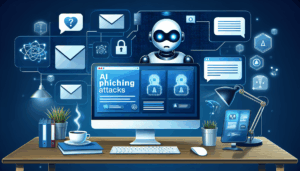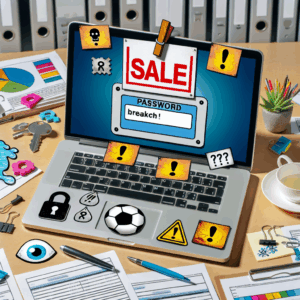AI Exploits in Minutes: Why Small Businesses Can’t Wait to Fortify Defenses
AI exploits are no longer a sci-fi plot or a theory thrown around at tech conferences, they’re real, fast, and dangerously effective. Small businesses, which often fly under the security radar, are suddenly at ground zero. With artificial intelligence now able to generate working attack code for newly found software holes, sometimes within just 10 to 15 minutes, waiting on quarterly patch cycles or relying on outdated defenses just isn’t going to cut it anymore. The adversaries aren’t waiting, and frankly, neither should you.









